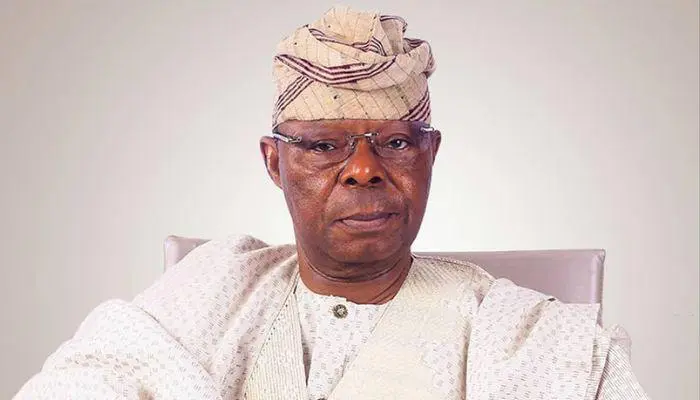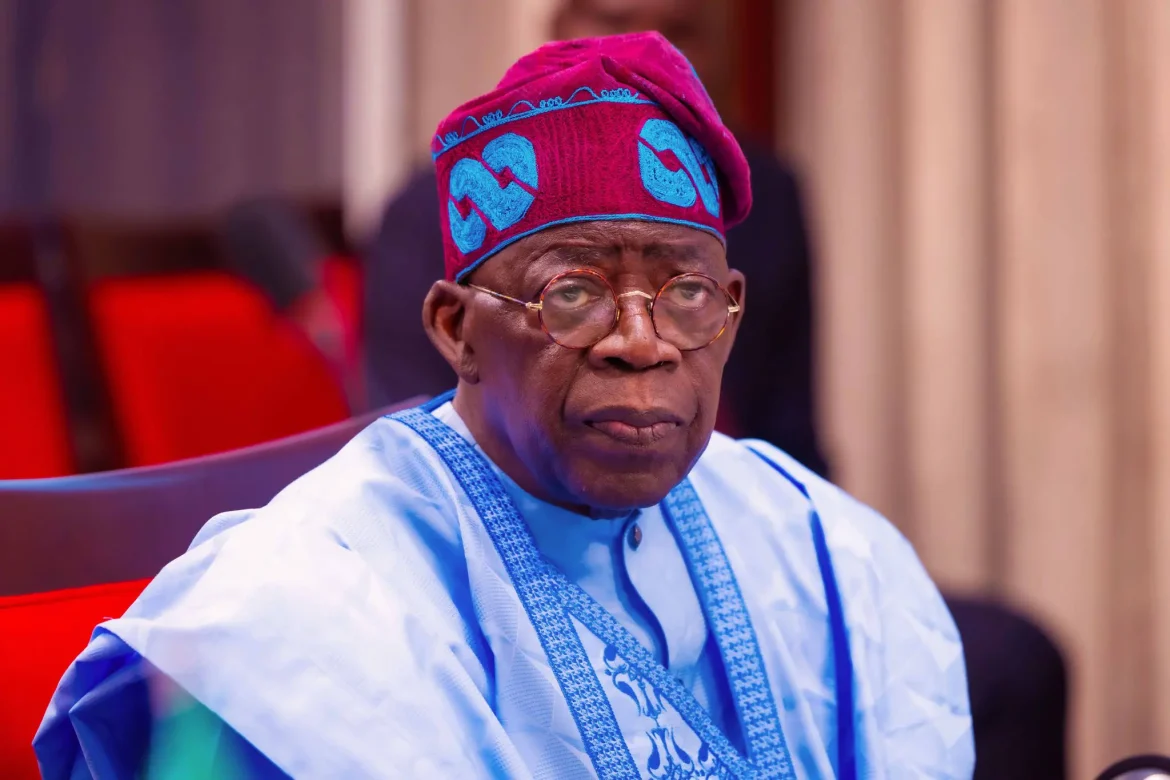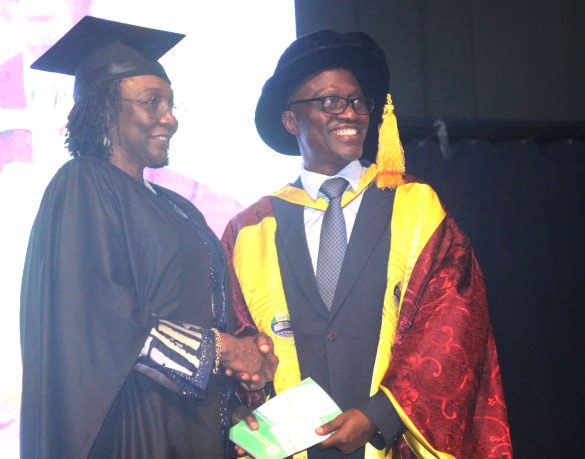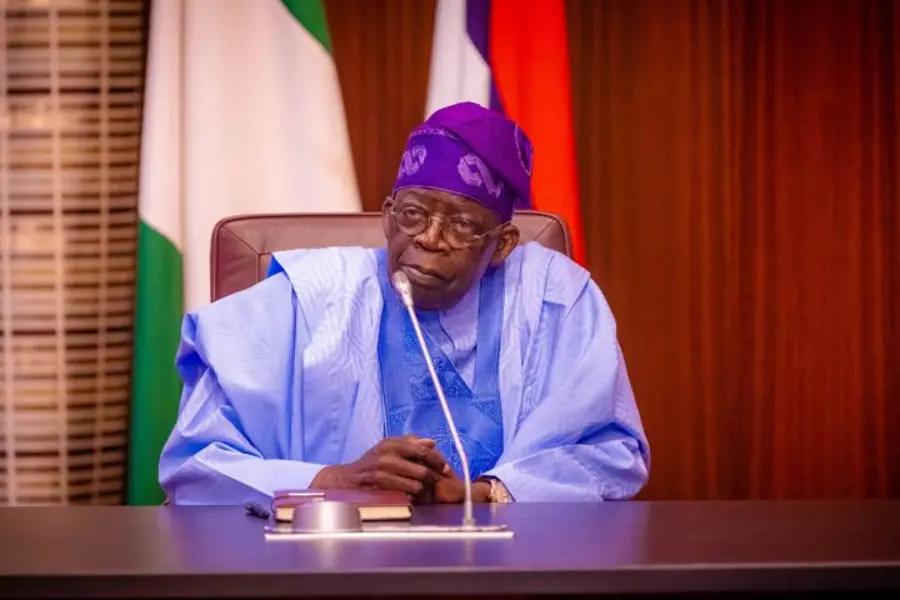
The SSFA Media held an important press conference at the Juba National Stadium to discuss preparations for the upcoming CECAFA Non-Elective General Assembly, scheduled for Wednesday, January 22, 2025.
Albino Kuek, spokesperson for SSFA, warmly welcomed of CECAFA leaders to Juba, emphasizing the global recognition of South Sudan’s remarkable milestones. He stressed the vital role that media plays in shaping the future of football in our nation, urging journalists to give their best coverage to ensure the event’s success.
In his remarks, Mr. Kuek expressed gratitude for the tireless efforts of journalists and invited them to witness the arrival of the CECAFA President at Juba Airport tomorrow, adding that it’s a fantastic opportunity for the media to engage with key figures in football.
Andrew Jackson Oryada, the Media Officer of CECAFA, was also present and shared his appreciation for the warm hospitality shown to CECAFA leaders. He commended the dedication of journalists in keeping sports activities well-informed and encouraged them to cover the upcoming assembly with the attention it deserves.
Jackson highlighted the significant impact of the Fourth Estate on the development of football not just in South Sudan, but throughout the region. He congratulated SSFA for hosting this pivotal event, hinting at open interactions that could lead to South Sudan hosting future CECAFA competitions.
This assembly represents a golden opportunity for South Sudan to showcase its potential and commitment to football. Let’s all come together to support our media in this endeavor, ensuring that South Sudan shines on the regional stage.












 Femi Falana (SAN)The Zinox boss said: “It is clear that they do not have confidence in their case but simply want media publicity to harass and embarrass me, my wife, directors, and staff of my companies. It is regrettable that a Senior Advocate of Nigeria would be playing to the gallery instead of venting his case in court. You can see that Falana is doing everything to protect his client at all costs, a man who lied but later confessed in his Witness Statement on Oath in a civil case he filed at the Lagos State High Court, that he knew about the contract and gave Princess Kama (his partner) all personal and corporate documents needed for the FIRS contract.
Femi Falana (SAN)The Zinox boss said: “It is clear that they do not have confidence in their case but simply want media publicity to harass and embarrass me, my wife, directors, and staff of my companies. It is regrettable that a Senior Advocate of Nigeria would be playing to the gallery instead of venting his case in court. You can see that Falana is doing everything to protect his client at all costs, a man who lied but later confessed in his Witness Statement on Oath in a civil case he filed at the Lagos State High Court, that he knew about the contract and gave Princess Kama (his partner) all personal and corporate documents needed for the FIRS contract.





